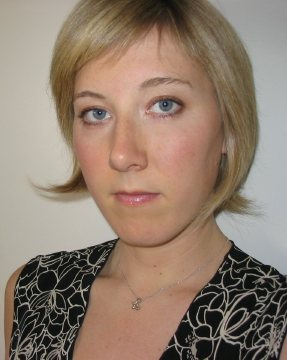I was pleasantly surprised to read in the papers this morning that the Australian Government has finally decided to recognise post-natal depression as a serious reality of motherhood and as such, are going to screen new mothers starting in 2008. The statistics tell the story: 1 in 7 mothers will develop depression, often which goes undiagnosed. Now, this is all well and good (any recognition of motherhood is a step in the right direction). But (and there is always a but..) I am interested to know why no one ever talks about antenatal depression. Mothers are not only getting depressed after birth, they also get depressed during pregnancy.
Antenatal depression affects between 7 and 20% of pregnant women and quite often women who are depressed during pregnancy (at least 40%) are more prone to being depressed after the birth as well.
One young mum in my study was diagnosed with antenatal depression about 24 weeks into her pregnancy. Not particularly thrilled to have her body changing, feeling 'fat' and lonely, this woman went to find help and to her surprise could not find any. All of the support groups in Melbourne cater to postnatal depression so she was forced to hire a private psychiatrist for treatment.
As a result of all the associated hormone changes, feelings of fatigue and body image anxiety during pregnancy, antenatal depression is often very difficult to diagnose. However, women must be aware of the signs of depression not just after they give birth but most importantly during pregnancy.
Subscribe to:
Post Comments (Atom)




No comments:
Post a Comment